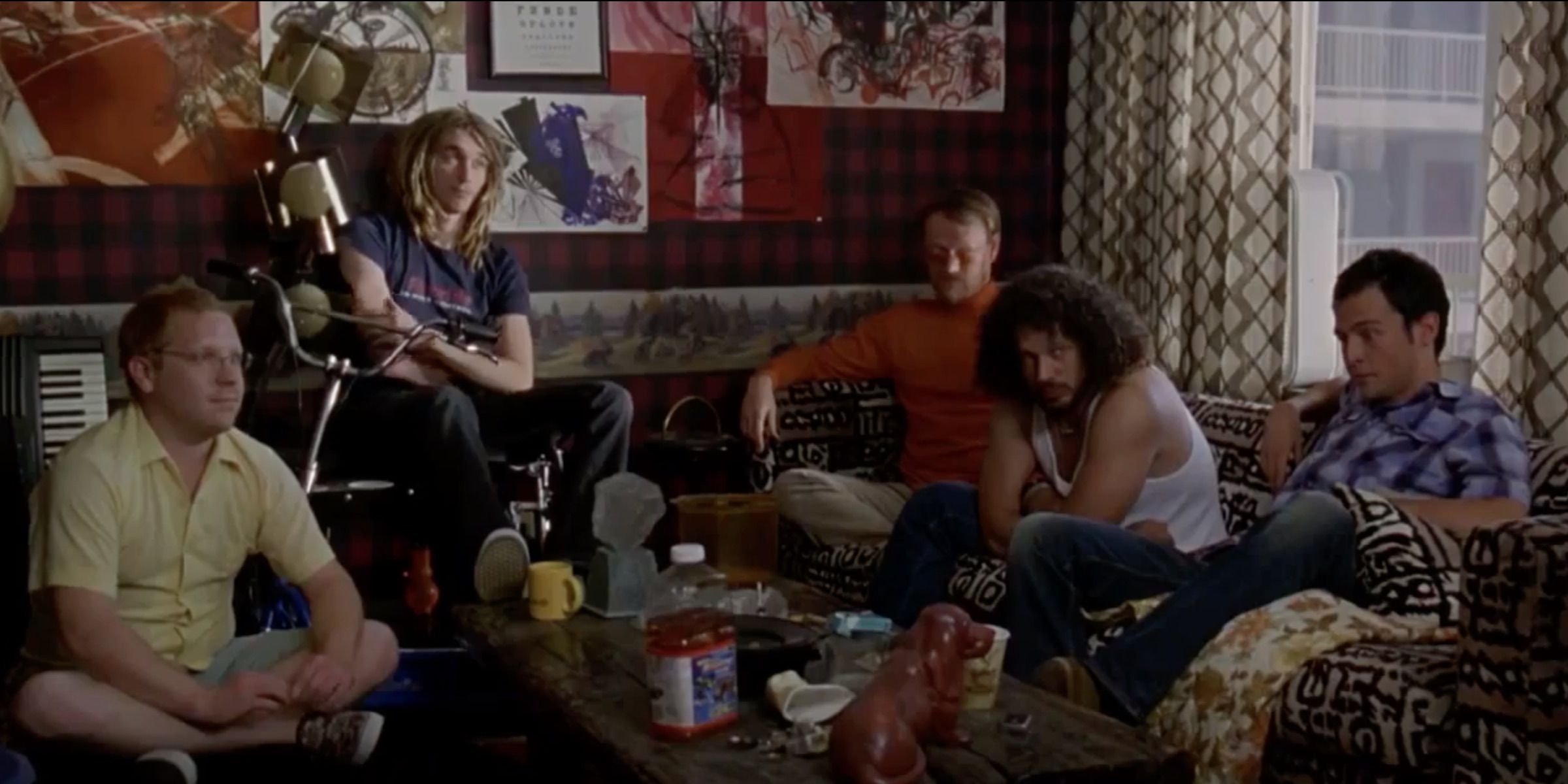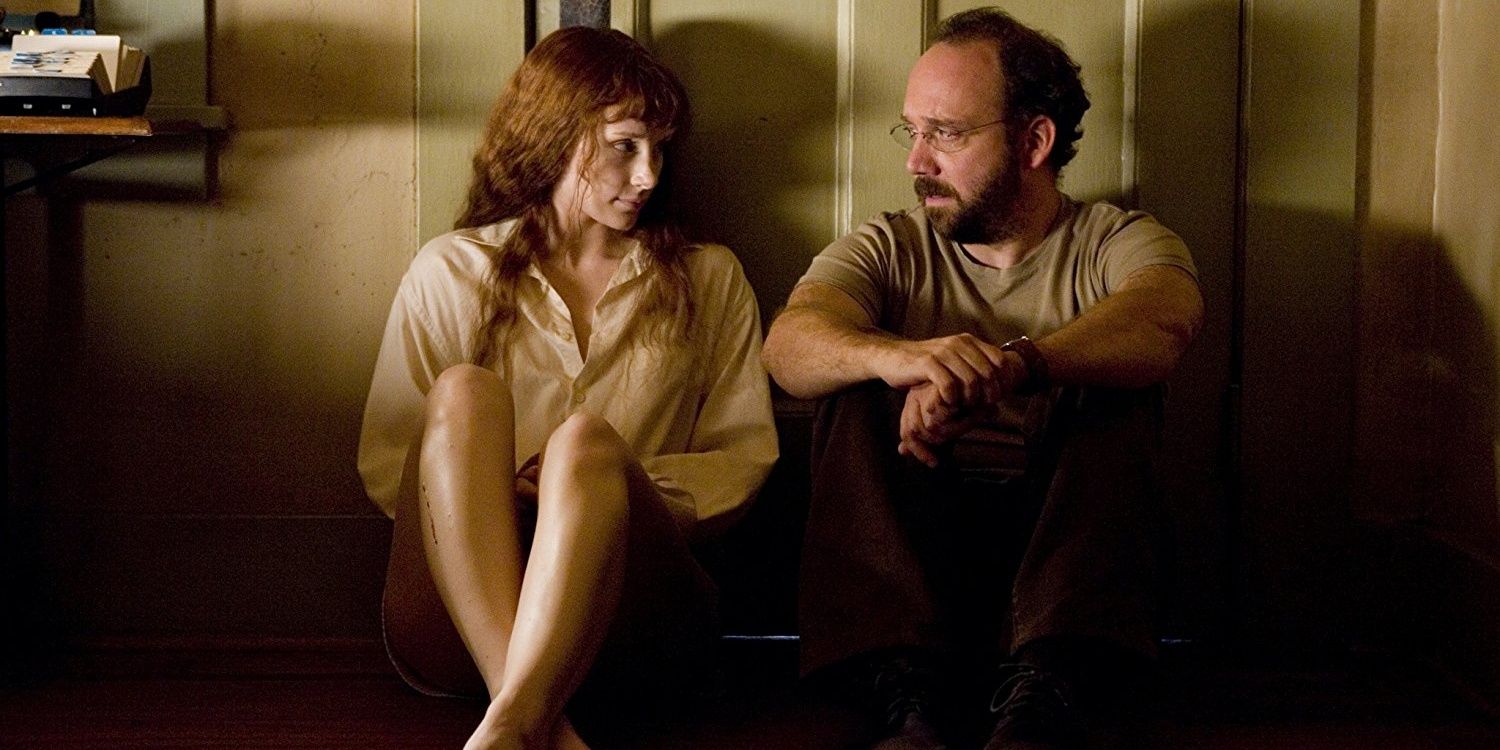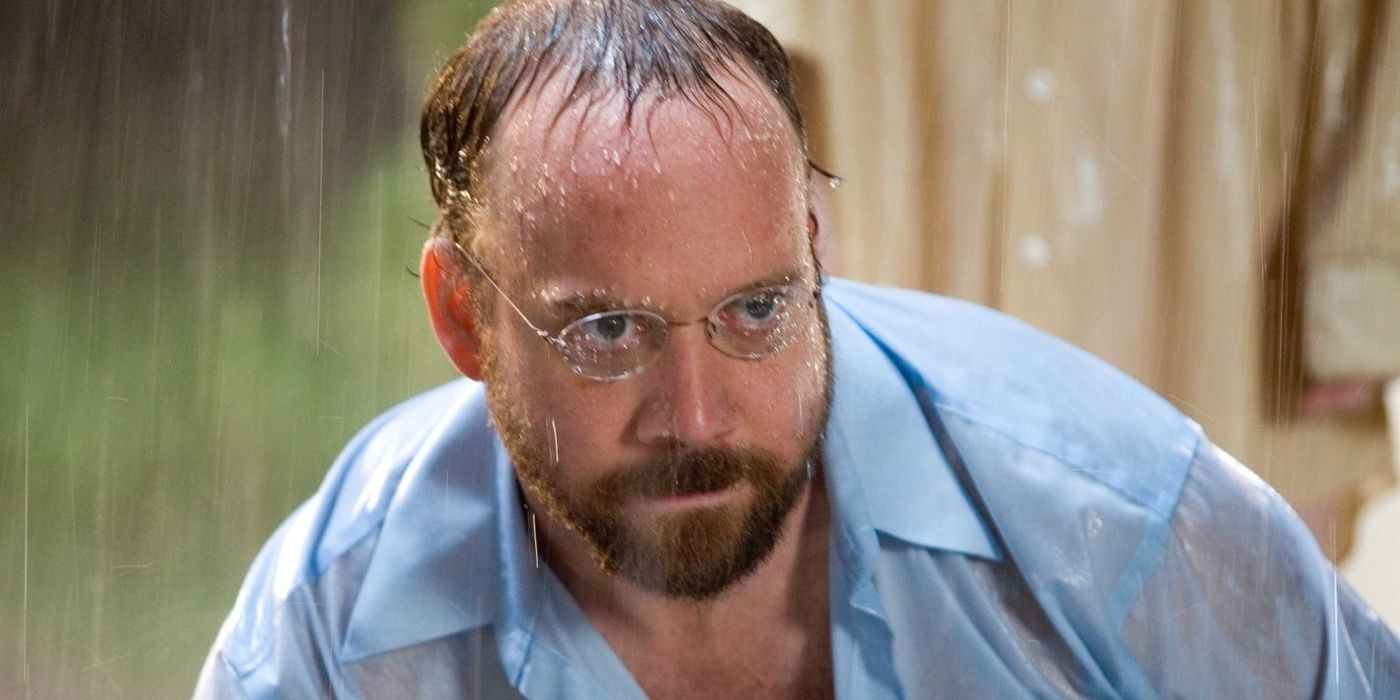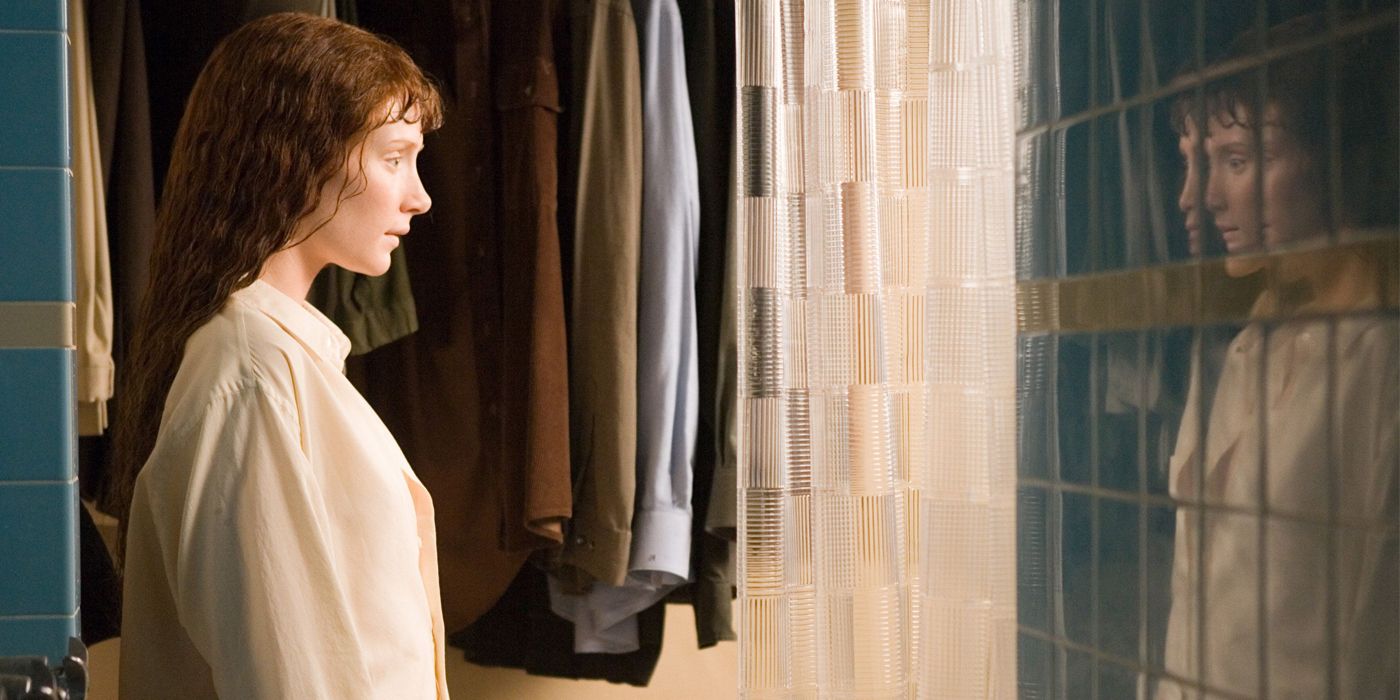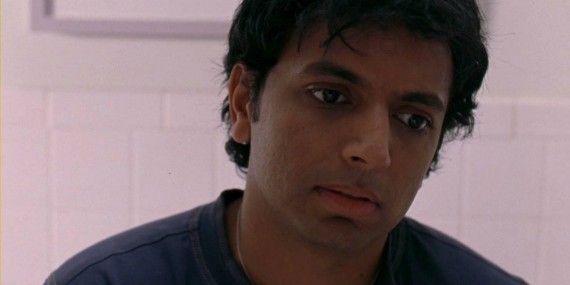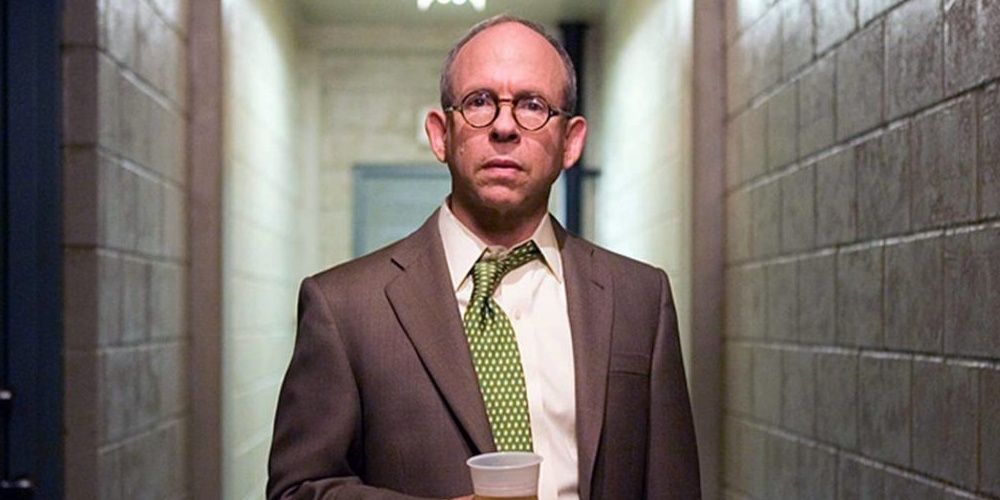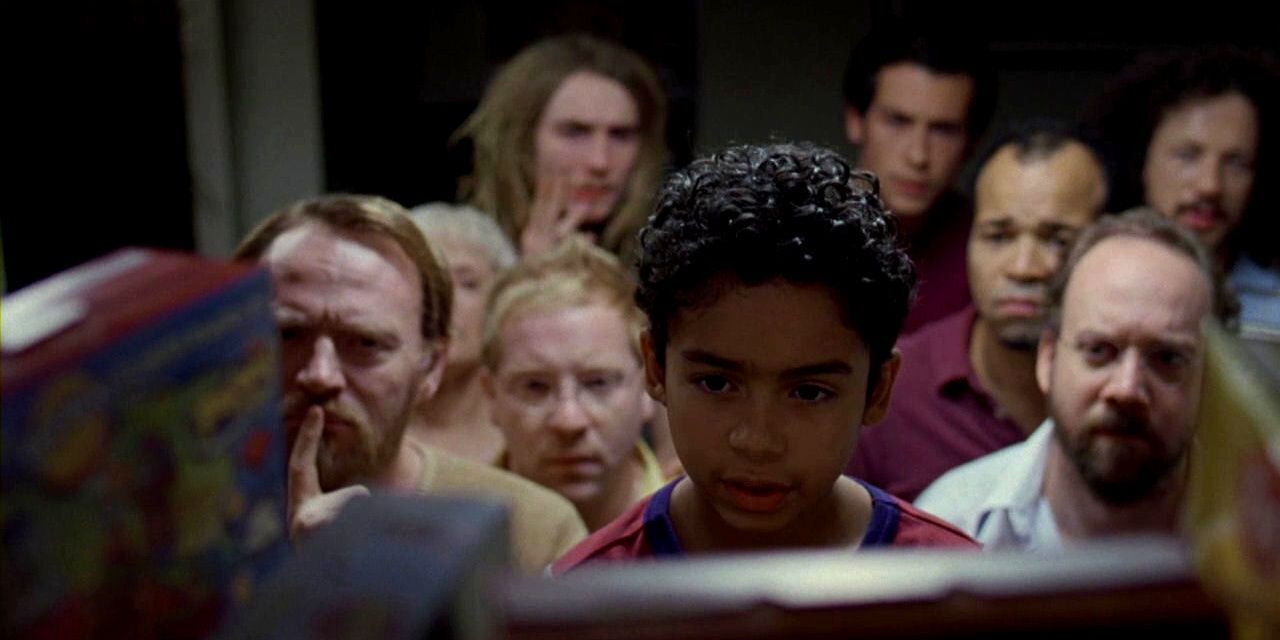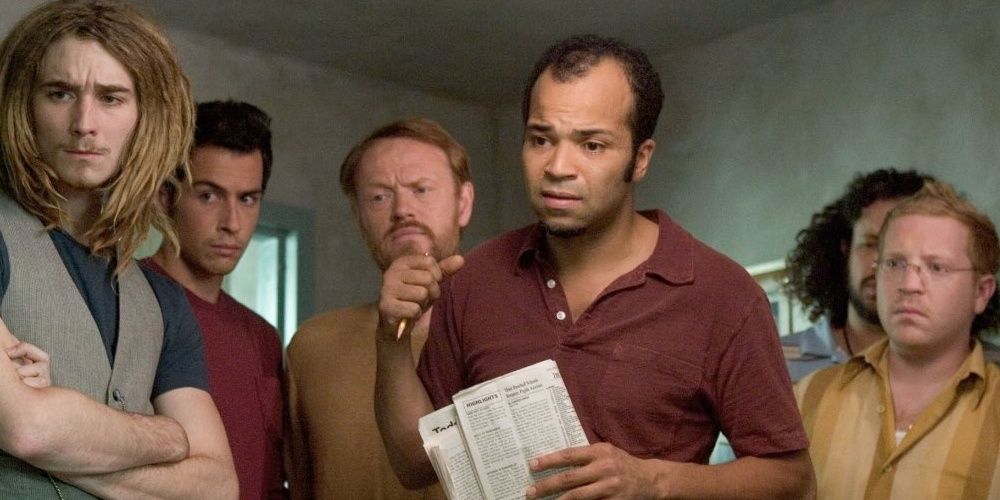There's no denying that Lady In The Water did not receive the best reviews of all of M. Night Shyamalan's movies. Does that mean we are going to write it off as a failure? Certainly not. Lady In The Water is a film loved by many and contains the signature M. Night Shyamalan touches that cause fans to keep coming back for his films again and again.
It is a piece potent with hope, magic, and love. It's also something the whole family can watch together, which is not something that can be said for most of Shyamalan's films. Lady In The Water is noteworthy for its beautiful imagery, diversity of characters, the touching and, at times, comical performance of Paul Giamatti, and the mysterious narrative which makes us feel we are being wrapped in a bed-time story. If you were a fan of the film, these quotes will help you remember why.
"They Try To Help Man, But Man May Have Forgotten How To Listen."
This quote comment's on the plight of modern-day humankind. The idea is that humans have moved further and further away from their roots, from a time when they lived more consciously.
It's admittedly a little bit confusing of a quote, considering by the end of the movie Story, who according to the legend is supposed to impart some kind of advice on mankind and make them 'listen', hasn't actually given them any explicit advice...the whole movie pretty much centers around trying to get her home. All the same, the sentiment is a worthwhile one, causing the viewer to think about what ways they are or aren't aware of in life.
"Baby's On The Half Tip!"
If the movie had been a more popular one perhaps this saying would have actually caught on. It's still an amusing moment, either way--the group of men attempting to create an original phrase that will catch on and become mainstream. It speaks to the notion that ideas and actions are contagious and that something that starts small can become massively influential.
This idea of human social influence and cooperation is a major theme of the film, well nodded to in this scene--particularly because we don't actually know what the quote means, only that if it feels and sounds good to enough people, it will spread.
"Where Are You From?" "The Pool."
Story exposes her childish innocence from the moment she meets Mr. Heep, or Cleveland. We don't actually get much back story on Story's character, only the vague stick-figure animated introduction to the history of humankind and people of the water, or "Narfs", at the start of the film.
But Story as an individual is never really fleshed out. The movie pulls this off, kind of, by making her a wide-eyed creature that emanates a sense of purity as if she was only just born. In this way, it's not so weird that we don't know much about her, as she doesn't seem to know much about herself.
"Why Does Everyone Like To Stand Around And Talk In The Rain In The Movies?"
Harry Farber, the film-critic character and newcomer to the apartments, is the ideal supporting character that we love to hate. He's snarky, anti-social, pretentious, and pretty much everything opposite of the generous, big-hearted Mr. Heep. Harry supplies a great contrast to the other characters and is often the basis of some of the funniest scenes.
One night when he is coming home from a movie screening and Mr. Heep kindly asks how it was, Harry goes on to complain about the predictable and often asinine structures that movies insist on repeating.
"That's The Moral Of The Story: No One Knows Who They Are."
Story never does give any kind of direct message that she has to communicate to mankind, as is the implied purpose of her trip to the human world, but she does impart some thought-worthy insights during her time there. Mr. Heep has at this point decided to believe that Story is a Narf come to help humankind, and according to the legend, there should be other people who take on roles to help her.
However, we find out that no one in the legend--originally a bed-time story--knows who they are. This is an allusion to humans' underestimation of themselves and the fact that people don't realize their potential.
"Your Book Will Be The Seeds Of Many Of His Great Thoughts. It Will Be The Seeds Of Change."
This quote is taken from the exchange between Story and Vick, the man who is to write the book that will set massive social change in motion. It's a simple line that encompasses the beauty of the written word and the power of shared ideas.
It's particularly beautiful when considering the use of the word "seeds", that the book, and in turn, Vick's thoughts, are not the ones that will directly be enacted on the world, but that they serve a purpose that is equally important. A writer's words become merged with the thoughts and opinions of the reader, creating something entirely new.
"The Symbolist Will Interpret messages--ha ha ha--From The Universe..."
Mr. Heep is trying to understand the legend, and while speaking it out loud he expresses an involuntary, slightly hysterical sounding chortle of laughter. We are so quickly swept in the world of fantasy where Story's existence is taken for granted, as if it's completely normal, that sometimes when we do pause it's hard not to see it all as a bit ridiculous.
Sure, it's a fantasy story, but it's based in a world that abides by our rules of reality and in our world people would not be so easily convinced. It's a nice moment of relatability, then, when Paul Giamatti acts out this particular scene, expressing so well the character's shock and amusement.
"There Is No Originally Left In The World, Mr. Heep. That Is A Sad Fact I Have Come To Live With."
Harry Farber, as usual, is the film's top nay-sayer. He is perhaps the symbolic epitome of the world that Story's water world is working to reform. He presents himself as a defeatist, depressed by the state of the world and critical of his fellow man.
Then again, the negativity and defeatism aside, if we imagine a Harry before the world tainted him into apathy and crabbiness he may actually look something like the Narf's ideal person. It makes him sad that he sees no originality in the world, a sign that he hates human repetitive behavior and desires more imagination, and imagination is definitely something Story would approve of.
"This Picture On The Serial Box Is Supposed To Make You Feel Happy. I Feel Sad Like That Time You Forgot To Pick Me Up From School."
The little boy Noah who ends up being the 'symbolist' is perhaps an example of the ideal awakened human, or one who knows how to 'listen'. He sees what is in front of him, and when he looks at it he doesn't see just one thing, but many.
He can make instant connections between one feeling and another and is able to articulate the nuances of his feelings and interpretations, something rare in a world numbed to imagination and complex thought.
"What Kind Of Person Would Be So Arrogant To Assume They Know The Intention Of Another Human Being?"
Mr. Drury hits the nail on the head in describing Harry Farber. Up until now we know him as a crotchety, unpleasant sort, but it's ambiguous as to whether or not we should take what he says to heart. He's not exactly wrong about the redundancy of pop-culture and the lack of human imagination, after all.
But after Mr. Drury demands to know who counseled Mr. Heep in making assumptions about people, Mr. Farber's fault is made clear. His despair has caused him to blind himself against seeing any hope or depth in the world, and it is this that is his downfall.



